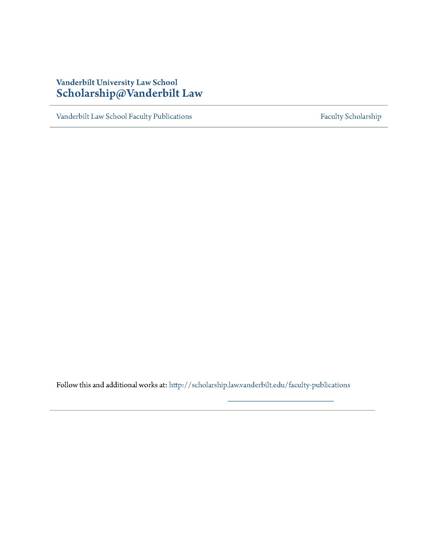
- climate change,
- environmental law,
- justice,
- equity,
- greenhouse gases
A substantial proportion of the United States population is at or below the poverty level, yet many of the greenhouse gas emissions reduction measures proposed or adopted to date will increase the costs of energy, motor vehicles, and other consumer goods. This essay suggests that although scholarship and policymaking to date have focused on the disproportionate impact of these increased costs on the low-income population, the costs will have two important additional effects. First, the anticipated costs will generate political opposition from social justice groups, reducing the likelihood that aggressive measures will be adopted. Second, to the extent aggressive measures are adopted, they will miss large potential emissions reductions because the low-income population will be unable to respond by purchasing less greenhouse gas-intensive, but more expensive, consumer goods. The essay proposes a novel remedy to address this problem: equity offsets. These offsets will allow other individuals and organizations to subsidize low-income individuals' purchase of less greenhouse gas-intensive goods, thereby reducing greenhouse gas emissions, the political opposition to emissions reduction measures, and the hardships caused by the higher costs of consumer goods. The essay suggests that the creation of a private or public equity offset program along these lines is feasible and will begin to address all three implications of the climate change equity problem.
Available at: http://works.bepress.com/michael-vandenbergh/25/
